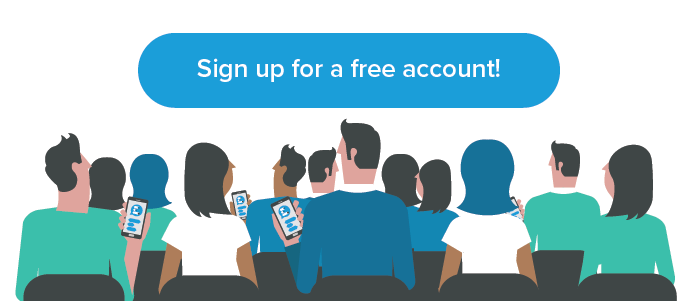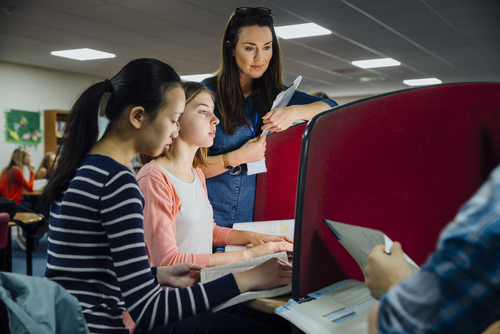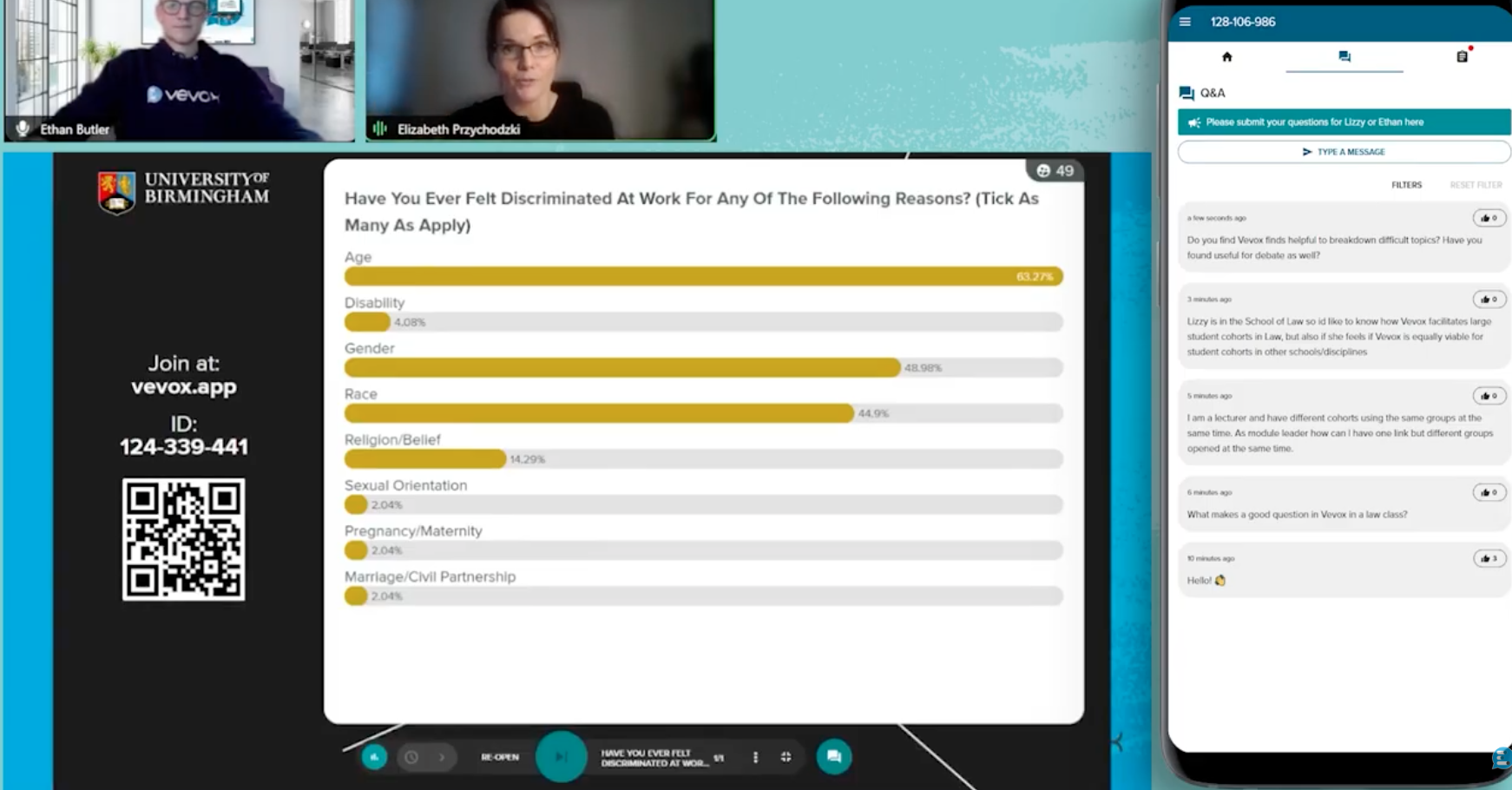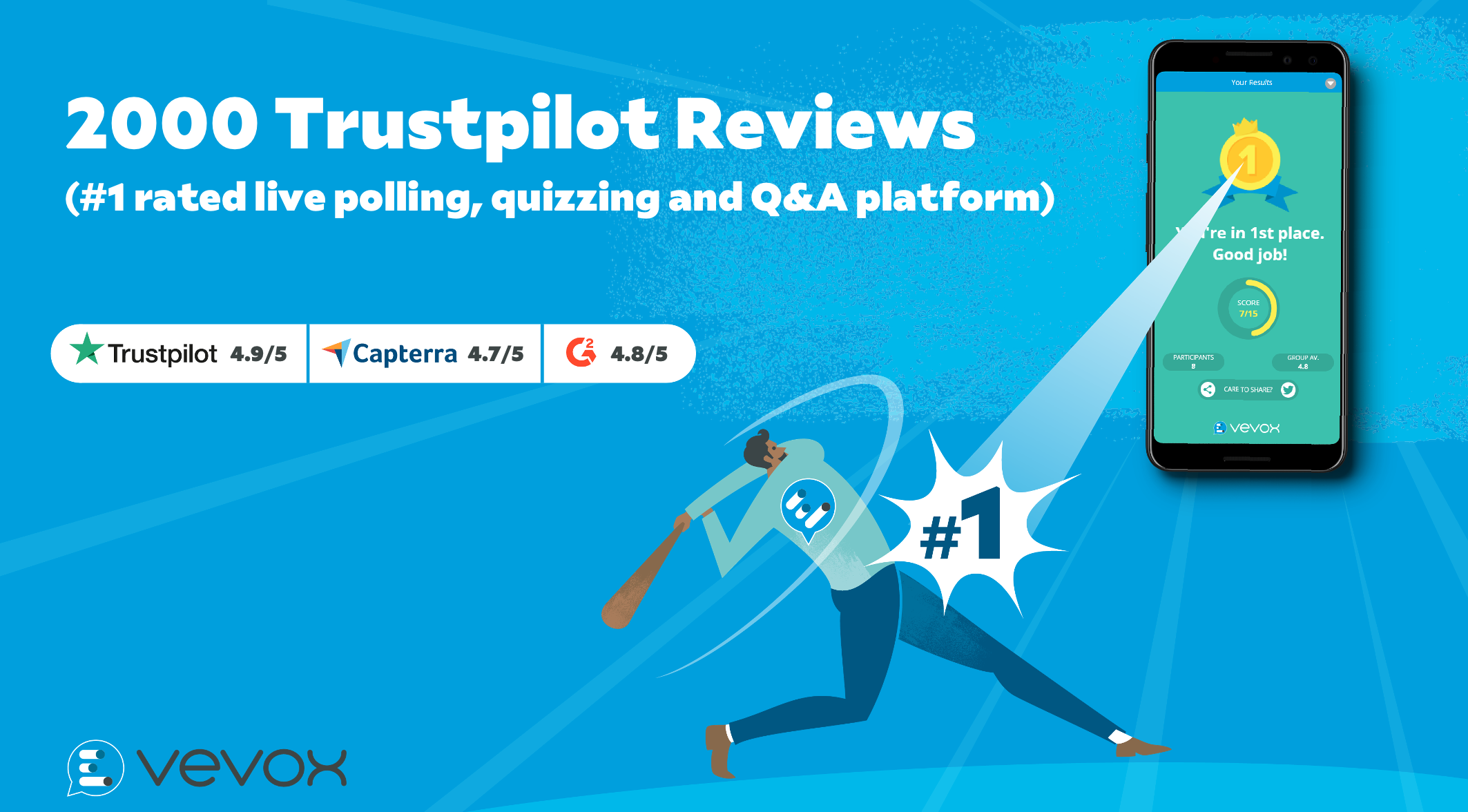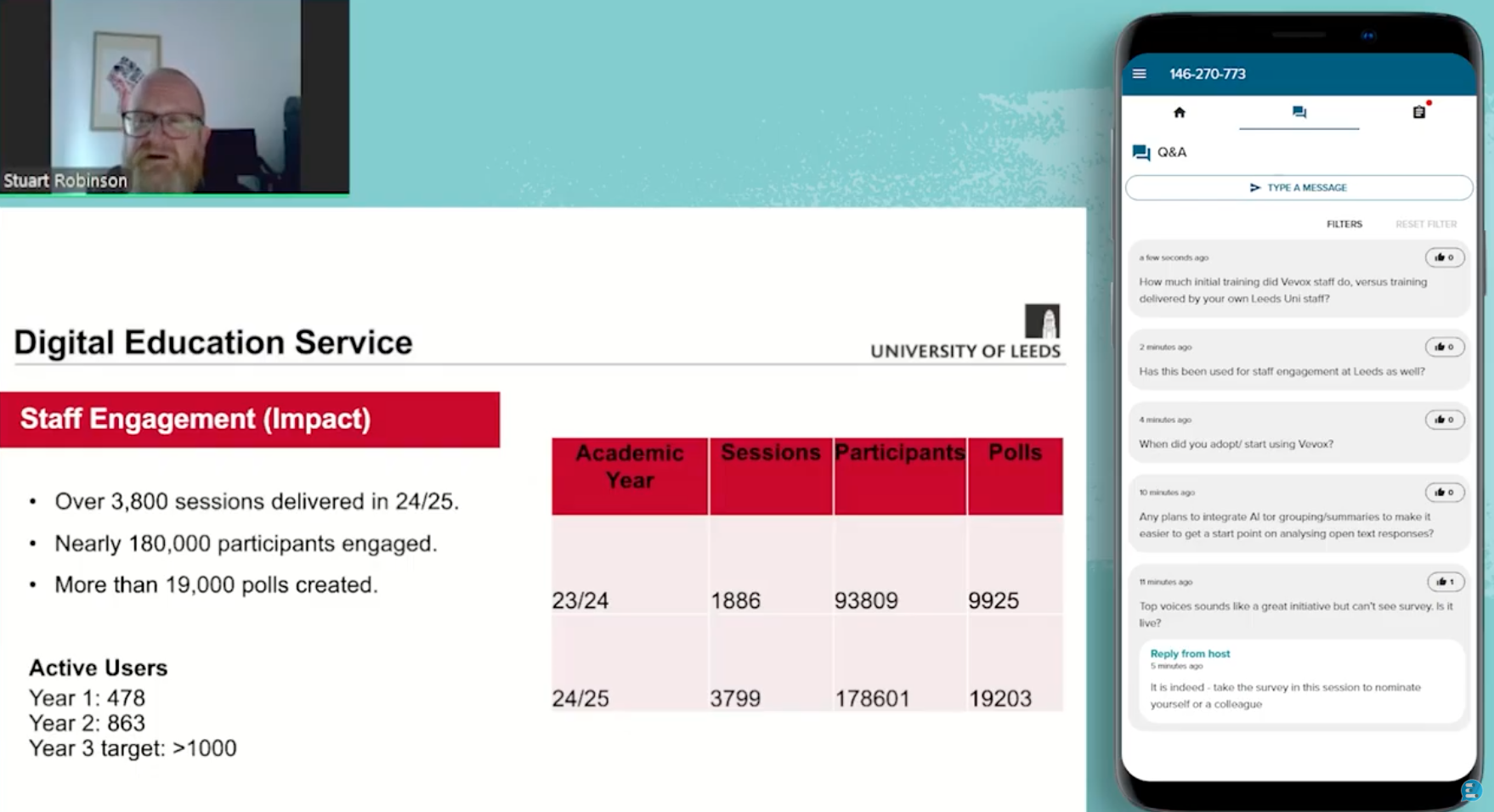The first University in the Western Hemisphere was founded at Fez in Morocco in 1059, followed by Bologna in 1088 and Oxford in 1096. Ever since, lecturing has been the predominant form of teaching. In a world of constant flux, few methodologies survive unchallenged for eons in this way, and many informed and influential educationalists question whether the traditional lecture based model can survive, especially in Higher Education, in the wake of societal and technological change. Is the decline of the lecture inevitable?
There is certainly an inexorable trend to distance learning, and to the promotion of recorded video-based, as opposed to class-based, teaching. MIT Opencourseware and Yale Open Courses each make available high quality video lectures online, and there are a number commercial online education providers of video lectures such as Alison, edX and Coursera. In this context, the distinguished Stanford University Professor of Mathematics Keith Devlin, who delivers his 'Introduction to mathematical thinking' module as a Massive Online Open Course (MOOC), believes that a recorded lecture gives students control over the lecture, making it a 'self-evidently better' method of teaching. He wrote in 2012: “The fact is, a student taking my MOOC can make a closer connection with me than if they were in a class of more than 25 or so students, and certainly more than in a class of 250.”
Professor Devlin and many others share a principal concern about the effectiveness of the lecture which is that “many students lack the confidence to ask academics questions face-to-face and that, for students who are shy, the ability to ask questions via social media helps them to perform better.”
This is the pivotal point. The proponents of change and critics of the Lecture as the basis of Higher Education are not so much questioning the validity of the format itself but are rather questioning the effectiveness of the lecture if it fails to engage students and facilitate real interactivity. Students need to be able to ask the right questions and elicit the right answers.
Technology can be deployed to enhance lecture-theatre interaction in a way that gives everyone the chance to be heard.“We need technology in every classroom and in every student and teacher’s hand, because it is the pen and paper of our time, and it is the lens through which we experience much of our world” said David Warlick, a noted US proponent of technology in education.
Academics sometimes complain that with so many private electronic distractions in the classroom, the task of getting students to look up and feel engaged has never been more challenging. At Vevox, our task is to put those 'electronic distractions' at the disposal of the teacher to enhance interactivity and engagement and generate insight.
Vevox enables lecturers to create live polls in seconds, the audience to vote immediately and then watch the results arrive in real-time. This means lecturers and teachers can test students’ understanding, enabling them to focus their time on topics which need more attention. Respondents can answer anonymously, if wished – to enable more inclusive involvement and more accurate insight into understanding and views. Question and answer sessions can also be pushed out to the floor and audiences can share ideas, add ‘likes’ and give feedback – all overseen by the presenter or a moderator who can manage the proceedings. Statistics and feedback can be captured after the event for future reference.
The proficient use of technology will give new life to the face-to-face lecture and ensure that it will remain the fulcrum of the global education system. The role of the teachers and specifically their interaction with class members will rest at the heart of learning. But to cite Bill Gates, “Technology is just a tool. In terms of getting the kids working together and motivating them, the teacher is the most important.”
